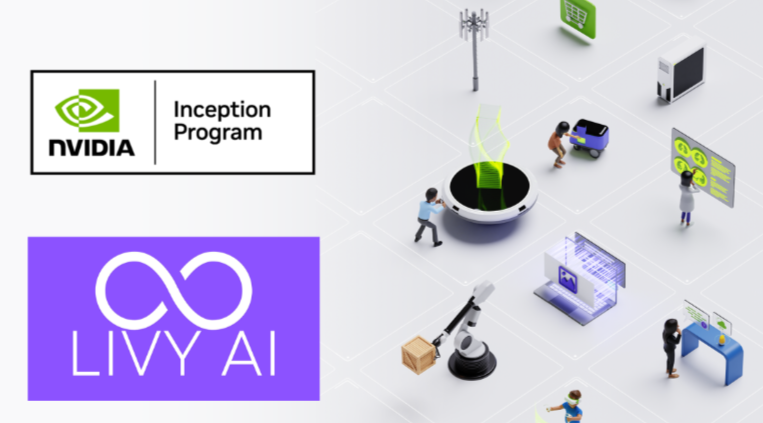
In a significant move, the Group of Seven (G7), comprising the world's most advanced economies, has reached a consensus on a code of conduct for companies involved in the development of artificial intelligence (AI) technologies. This development underscores the increasing importance and potential risks associated with AI, prompting the need for ethical and responsible practices in its development and deployment.
Key Takeaways:
- The G7 nations have agreed on a voluntary code of conduct for AI development.
- The code aims to promote safe, secure, and trustworthy AI practices globally.
- Major AI companies have already established their own safety guidelines and have pledged significant funds for AI safety research.
- The G7's code of conduct is seen as a precursor to formal regulations, emphasizing the need for risk assessment and responsible AI development.
A Closer Look at the Agreement
The 11-point code of conduct is designed to encourage safe and responsible AI practices. It emphasizes the importance of developing AI systems that are safe, secure, and trustworthy. The document provides voluntary guidance for organizations that are at the forefront of AI development, including those working on advanced foundation models and generative AI systems.
Interestingly, many leading AI companies have already taken proactive steps in this direction. Firms like Anthropic, Google, Microsoft, and OpenAI have not only established their own voluntary guidelines but have also initiated forums dedicated to studying the safety implications of AI. These companies recently committed $10 million to fund such safety research initiatives.
Furthermore, tech giants including IBM, Meta, Nvidia, and Palantir have pledged their commitment to ensuring safety and security in AI development. The G7's code of conduct mirrors many of these industry-led initiatives.
The Broader Context
The G7's move comes at a time when the rapid advancements in AI are raising both excitement and concerns. While AI has the potential to revolutionize various sectors, from healthcare to finance, its unchecked development could lead to unforeseen consequences. This makes the establishment of ethical guidelines and best practices crucial.
The G7, consisting of Canada, France, Germany, Italy, Japan, the United Kingdom, the United States, and the European Union, recognizes the transformative potential of AI. However, with great power comes great responsibility. The code of conduct is a testament to the G7 nations' commitment to ensuring that AI technologies are developed and deployed responsibly.
Looking Ahead
While the code of conduct is a significant step, it is voluntary in nature. It serves as an interim measure until more formal regulations are established. The onus is now on AI companies to adhere to these guidelines and ensure that their technologies are developed with the highest ethical standards in mind.
In the U.S., President Biden is reportedly drafting an executive order directing federal agencies to set AI standards. This order aims to influence AI companies to adopt safe practices. The U.S. Federal Trade Commission is also said to be closely monitoring AI companies.
In Conclusion
The G7's code of conduct for AI is a timely initiative, reflecting the global consensus on the need for responsible AI development. As AI continues to shape our future, such guidelines will play a pivotal role in ensuring that technology serves humanity in the best possible way.

